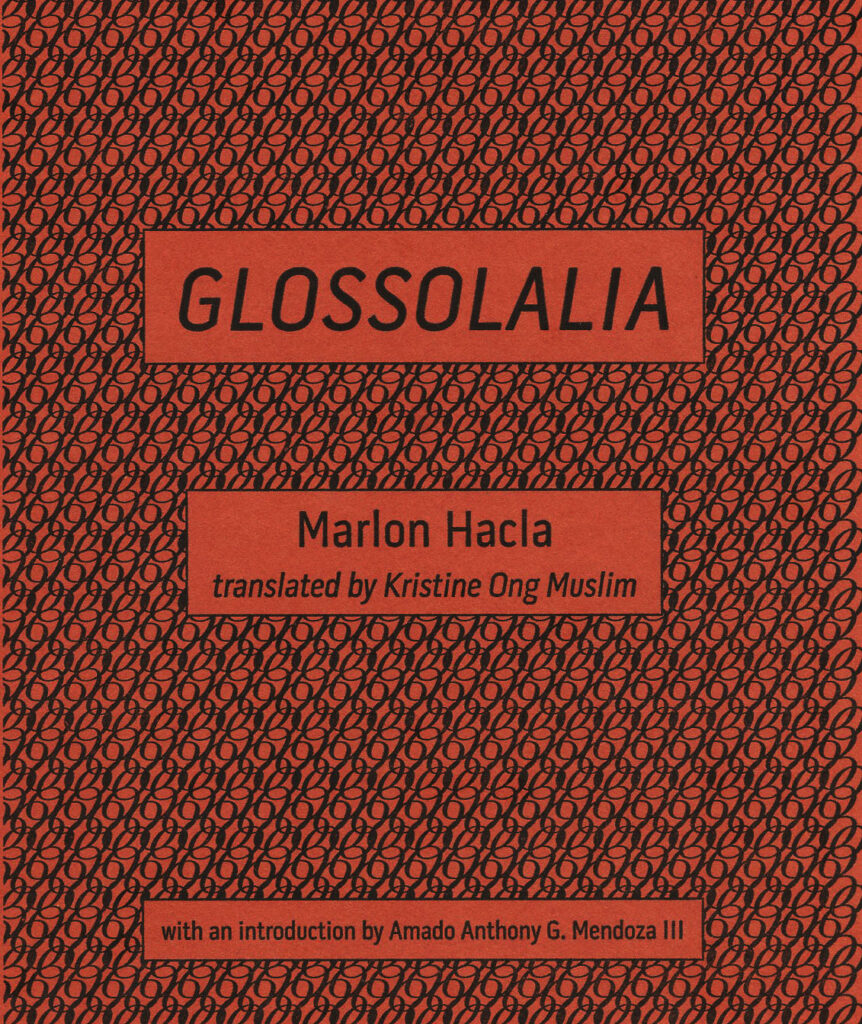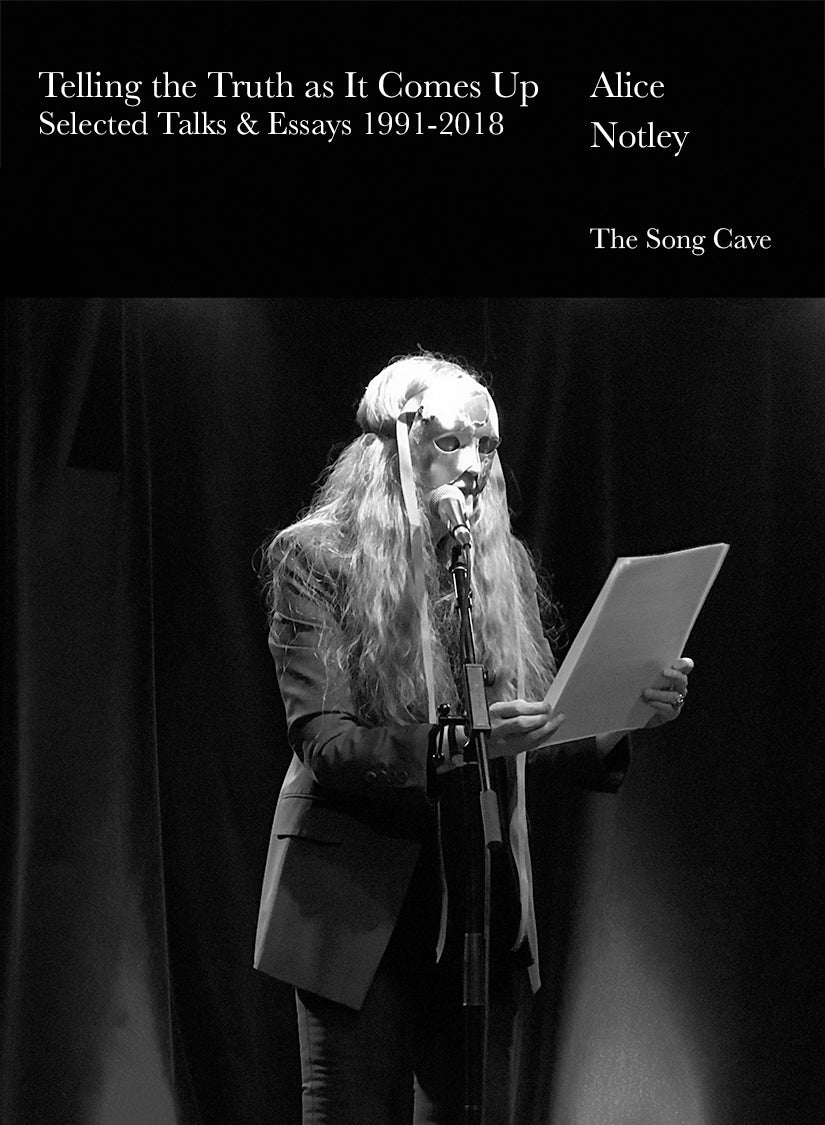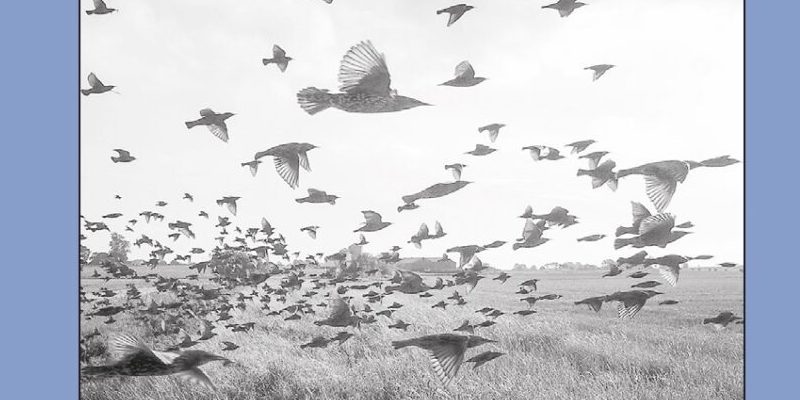‘Tis the season—of year end lists. Also, year-end gifts, year-end busyness, all while the rush of late-year books keep tumbling out, reminding us that 2023 definitely isn’t over yet. From these rich stacks I am grateful to gather work by Tacey M. Atsitty, Shane Book, Nick Laird, Tomasz Różycki, Alice Notley, Marlon Hacla, and translators Mira Rosenthal and Kristine Ong Muslim, and if that’s not enough poets for your idea of a seasonal book party, welcome the crowd of poets from Copper Canyon’s new anthology, Personal Best.
I hope you will all look for our column in the new year, when David Woo and I will kick things off with an anticipated book list for 2024 before collaborating to curate this list on alternate months. In the meantime, cheers to all the publishers, poets, and readers of poetry in 2023!
*

Tacey M. Atsitty, At (Wrist)
(University of Wisconsin Press)
At (Wrist), Diné (Navajo) poet Tacey M. Atsitty’s follow-up to her 2018 debut Rain Scald, is a winner of the Brittingham Prize in Poetry. There’s a broken wrist at the center of this collection, and wrists spread as motif through it like a pulse of nerve, a hinge, an emotional marker, as in “Sonnet for My Wrist”: “In Navajo, we say something/ rote: I’ll radical when you hurt me something / close, even you waft–.”
Atsitty consistently delivers surprises in sound and syntax, and across sensory, and sometimes sensual, imagery, as in “Hole through the rock”: “I was something slough before you road me silver. And smooth / until shone. I rode in and didn’t even see I was gone.” Body and the natural world intertwine throughout, from the opening “A February Snow”: “I thought I knew love in every drag / of the tongue across icing, sparkle// in glaze, thought I went wading / into stars, pulling my dress up // to my knees.” Keep listening: Atsitty is an early career poet to follow.

Shane Book, All Black Everything
(University of Iowa)
Canadian poet Shane Book’s previous collection, Congotronic, was a finalist for the Griffin Poetry Prize. This anticipated third collection continues to offer cinematic assemblage as his work as a filmmaker shapes the polyvocal movements of this collection; personas and jumpcuts made textual move nearly like podcast audio.
Crafted riffing, sonic play ripe with rhyme, delivers pointed collisions of Brand names of global consumerism— “When the Canada Goose/ jacket got the job /over me, I knew / we were in a new-old era”—and consumable Black culture in many forms, including played in the grocery aisles of “fully white-peopled cities” that “don’t want boujee Blacks/ in the glass condo next door.”
Or in “Glock weather,” while walking while Black in a downtown: “Away/ with those purses, / pursed, lip-less lips. / They cross over.” Imaginative turns wrangle and land, ultimately, in Book’s own poetic clarity, such as in “S.T.A.R.S. (Strategic Tactical Armed Response Squad)”: “Next door homies gambling/ on that game Settlers of Wu Tang. Let’s see what the settler does.”

Marlon Hacla, Glossolalia (trans. Kristine Ong Muslim)
(Ugly Duckling Press)
The materiality of Ugly Duckling’s beautiful books, including this one’s letterpress black and red cover, echoes the palpability of the “glossolalia” in this memorable and inventive collection of prose poems. You’ll find tactile sonic collectings in poems like “Ivory,” beginning “Dim-witted chemist. Mirror smashed by a fist. A rock that wanted to whistle,” alongside the lyricism of “Wild”—“All those touched and killed by the night end up floating on sea”—and the flash narratives of a poem like “Miniatures” that holds at its catalystic heart, “A small gift, as small as a jam jar of poison, as small as a loaded makeshift pistol that a toddler once used as a toy….”
In the otherworldy “This Creature,” the subject “wailed like a cow cut in half” and “reached the dominion of the dead.” The original Filipino language poems face Kristine Ong Muslim’s English versions, which include some insertions, in lieu of footnotes, as the the act of translation is made material, too.

Nick Laird, Up Late
(Norton)
Amidst the quotidian surges a consciousness, always at work, in Nick Laird’s latest, Up Late, a collection reflective of the so-called “sandwich generation”: these poems of being and absence emerge in the realm of losing a father and parenting small children. In “Talking to the Sun in Washington Square,” Laird shadows O’Hara (and others) in repurposing Mayakovsky’s chat with the sun; the poem opens “Looking after children means simultaneously building a field hospital, / a hedge school, a diner and an open-air prison with your bare hands / and operating them at a continual loss.”
It also means new ways of responding to loss; in “Pac Man,” recalling a three-year-old sobbing for a lost balloon: “When I say we’re alone with our thoughts/ I mean all the gathered history and particulars….” for “[e]ach occupies his or her/ cell in the prison, and each is slightly unlike.” In “The Outing” the speaker smashes a screaming injured baby rabbit with a rock when the children want to “know, / now, what one does with enormous / pain when you see it…how might you stop it, and they’re watching….” This elegiac collection powerfully circles its own nature: “Impossible to grieve / and not know the vanity of grief.”

Alice Notley, Telling the Truth as It Comes Up: Selected Talks & Essays 1991-2018
(The Song Cave)
“What are we leaving out now? Usually what’s exactly in front of the eyes ears nose and mouth, in front of the mind, but it seems as if one must disobey everyone else in order to see at all.” Alice Notley calls out to disobedience in this gem of a gathering of talks and essays.
Eclectic, as such collections created in parts and for different occasions and audiences always are, this collection offers discussions of not only disobedience, but omission and instability in poetry; of dreams; and of disruption (among other things) in Williams, who is joined by Ginsberg, bpNichol, Homer, and Philip Whalen, and others, as the object of her attentions across the book.
Notley allows us to inhabit intersections of reader and practitioner alongside of her. A string of crime fiction writers make appearances in one of the book’s highlights, “Noir Talk” ( 2006), vast in its bridging of reading, being, making, and seeing: “I began sometime ago to ask seriously the question: Have I been murdered? and might conclude from this year’s reading that I have. That all women have….” Her response? “My response to recent crime fiction, as a poet who is supposedly a woman, has been to turn the form around, use it against the murderer whose name is You.”

Erin Belieu (editor) and Carl Phillips (editor), Personal Best: Makers on the Poems that Matter Most
(Copper Canyon)
“Is this my best poem? Who knows! But I do know that I love this poem as an artifact of a time, as a record of thinking and coming into feeling,” notes Donika Kelly in her response to her self-selected “best” poem, “Brood.” A perfect tagline to apply to the whole of this somewhat of a “who’s who” gathering of fifty-seven poets, amidst whom any reader is sure to find at least a baker’s half dozen of their favorites; contributors include Kimiko Hahn, Tyejimba Jess, Craig Santos Perez, Diane Seuss, Eileen Myles, Jos Charles, and Jericho Brown.
This anthology endearingly reminds us that a poet’s own favorite poems often aren’t the much shared or anthologized or otherwise best known, and that our own favorites as readers are also often artifacts of time. The poets’ choices, and their rationales– largely thoughtful, sometimes revelatory–are telling. Buy it as a gift, teach with it: I certainly will.

Tomasz Różycki, To the Letter (trans. Mira Rosenthal)
(Archipelago Books)
“How I wish you were here. But maybe / the fact is you never were. And that’s what created you: /this lack, this shock, this string of loss.” Across the ninety-nine poems of Polish poet Tomasz Różycki’s To The Letter, originally published in Poland in 2016, presides a calling out to absence, often in the form of this “you” whether in loss—cultural, global, personal—or self-examination.
This collection is the third Mira Rosenthal has translated of Różycki; her translations of The Forgotten Keys and Colonies (both from Zephyr Press) precede this, and the latter was shortlisted for the Griffin Prize. “Trauma is a vacuum, and this book is Różycki’s theory of what it means to inherit the void,” asserts Rosenthal in her vital translator notes.
This collection has, perhaps, added resonance landing in 2023: “You—out there where the future pushes through like a worm from an apple, only the hole is in heaven and so enormous we’ll all fall in, along with tenements, convenience stores, our entire state—let’s say it’s nowhere—” A notable contribution to Polish poetry available in English–and a vital living voice, no less.
